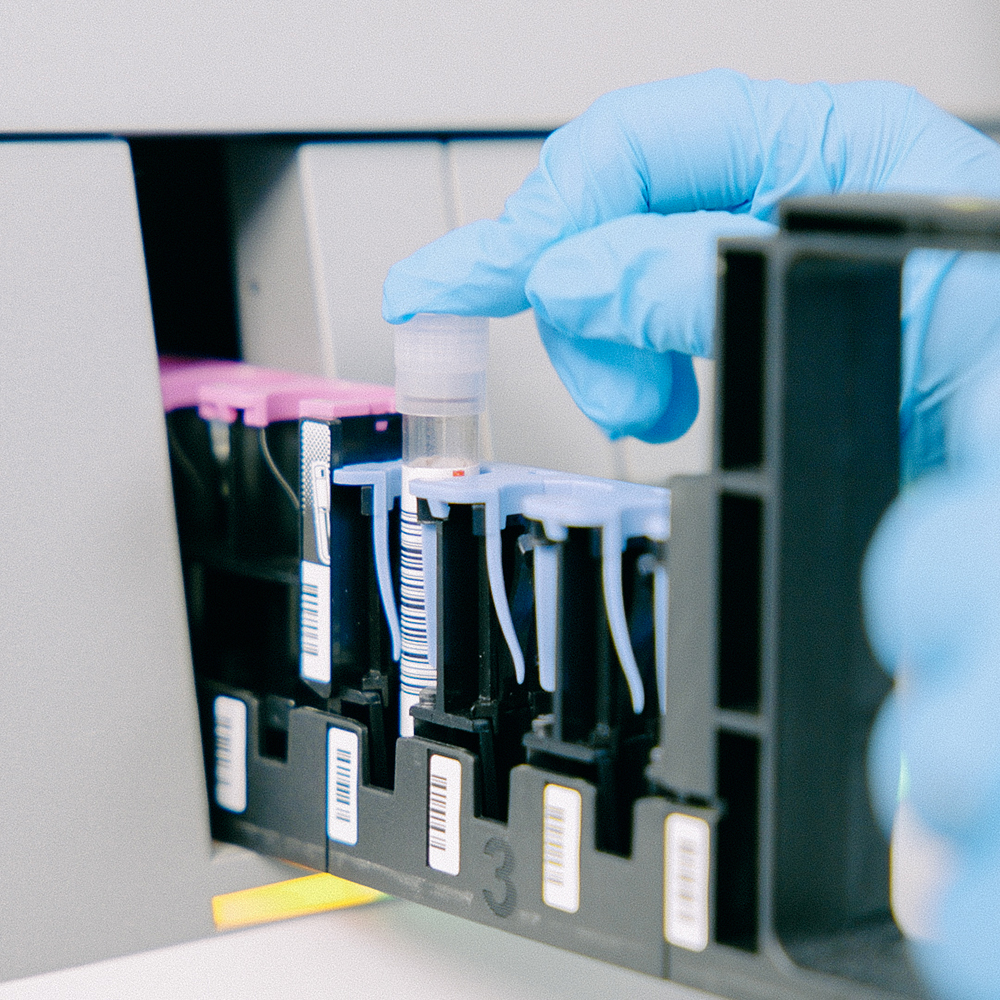Kidney and Liver function blood test
£120.00
-
Results within 24 hours
-
Blood draw included
What is being tested for the liver?
The following are tested primarily to determine if the liver is functioning properly:
- Alanine aminotransferase (ALT)
- Aspartate aminotransferase (AST)
- Alkaline phosphatase (ALP)
- Albumin
- Total protein
- Bilirubin
Why test the kidneys?
Both the liver and kidneys work in unison, if the liver, or kidneys, begin to develop serious problems, it can cause a chain reaction and impact the function of the kidneys, therefore it is important to test the blood for both organs so you can get a clearer and more detailed picture.
The following is tested for the kidneys:
- Estimated Glomerular Filtration Rate (eGFR)
- Creatinine
- Urea (Protein formed in the liver and filtered by the kidneys)
What does the test result mean?
Raised levels in any of the values being tested could indicate what is potentially wrong or developing in the liver and kidneys, but, abnormal results can also point to conditions that do not involve the liver.
It is important to note that normal results can be found in patients with liver disease, therefore, further diagnosis and investigations may be recommended after the blood test.
When should this test be taken?
In regards to the liver, it is recommended to get tested if you are experiencing symptoms of potential liver disorder, such as jaundice, or if you have been exposed to any harmful substances that can cause damage to the liver, such as an overdose of paracetamol. It is also important to have your liver tested regularly to monitor its health if taking a lot of medications.
For the kidneys, they can be used to diagnose or rule out infections, and can monitor conditions such as diabetes or high blood pressure as these affect kidney function, it is effective as a way to check if your kidneys are functioning correctly and are not causing any serious symptoms.






